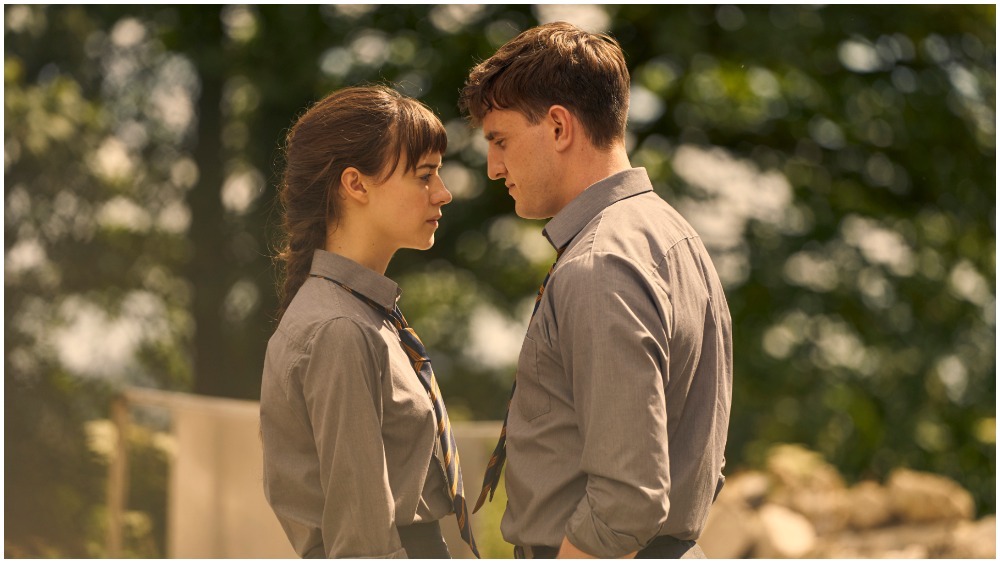BBC Three, Digital Home to ‘Fleabag’ and ‘Normal People,’ Could Return to Air Thanks to Hit Shows
By Manori Ravindran
LOS ANGELES (Variety.com) – U.K. broadcaster BBC has said it’s considering bringing BBC Three back on air, four years after the youth-skewing brand was moved online, Variety has confirmed.
The digital offering — which effectively rendered Phoebe Waller-Bridge a household name with its punchy commission of “Fleabag” in 2016 — was taken off air earlier that year in a bid to save the broadcaster around £30 million ($36 million).
At the time, as reported by Variety, the public broadcaster’s governing body, the BBC Trust, justified its decision by stating that “ younger audiences are watching more online and watching less linear TV ,” and the move will “contribute to the significant savings the BBC is currently making.”
Now, the BBC’s Annual Plan — set to be released Wednesday — makes clear that youth are indeed returning to the BBC for the right programs, perhaps best evidenced by Hulu/BBC co-production “Normal People,” which garnered 38 million requests on the BBC’s catch-up service iPlayer.
Over the next two years, the public broadcaster will double its spend on BBC Three commissions, with its budget rising from around £30-40 million ($36-49 million) to between £60-80 million ($73-98 million). It is also “considering the case” for moving the brand back on air, in a bid to drive some of the extensive demand for BBC Three shows back to linear.
A BBC spokesperson told Variety: “We’d be wrong not to back a service that is doing better than anyone could have ever conceived and reaching a wide audience.
“Our research suggests there is a big available audience on linear television, so we will consider the case for restoring BBC Three as a linear channel, as well as an online destination, though no decisions have been taken and this will need to take into account how viewing habits develop during the COVID-19 crisis.”
The youth brand is set to be a “key beneficiary” of a recalibration of BBC’s budgets in the coming months. The corporation said Tuesday that the pandemic has cost it around £125 million ($153 million), though a clear picture of the damage won’t emerge until the fall.
“But within that context, there are areas where the BBC wants to deliver more for audiences. The plan will mean that the BBC has to trim budgets in some areas in order to invest in others,” said the spokesperson.
A BBC source said: “Clearly no organization from the smallest shop to the largest multinational won’t be changed by this pandemic. It will have financial implications for the BBC, but that doesn’t mean we can’t make choices. BBC Three has become the home to some of our biggest shows.
“We need to back that success, so within an environment where we are making difficult cuts, this is one of a limited number of areas, where we will seek to invest. Who wouldn’t want more ‘Fleabags,’ ‘Killing Eves,’ ‘This Country’ or ‘Normal People?’”
Elsewhere, the broadcaster has also said it has no plans to shutter its arts channel BBC Four, although rampant rumors emerged last week that the offering — once the U.K. home of “Mad Men” and “The Killing” — was set to be axed, particularly after its controller Cassian Harrison moved over to a more global-facing BBC Studios role.
As reported by Variety last week, sources suggested a hybrid channel that combined both BBC Three and BBC Four programming could emerge.

